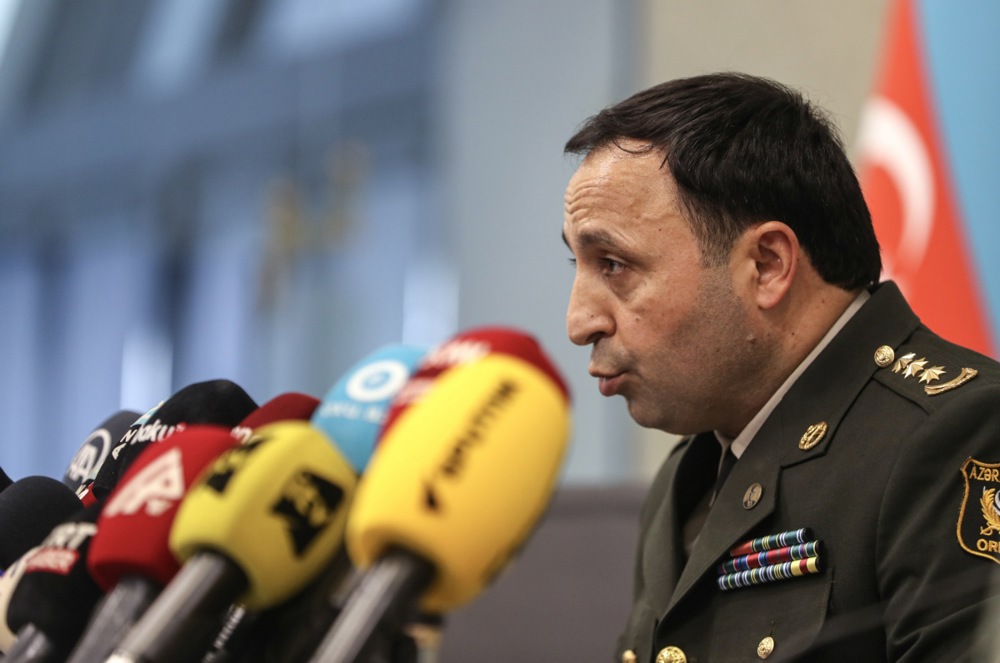Ilham Aliyev, the President of Azerbaijan, has signed a decree implementing a snap presidential election in the nation to be held in February next year.
Observers say the move was likely inspired by his increased popularity after Azerbaijan overthrew ethnic Armenian forces in the Nagorno-Karabakh region, seemingly bringing to an end the decades-long conflict.
Azerbaijani-run polling firms estimate that 75 per cent of its people support the President’s handling of the conflict.
An individual is usually elected to the presidential post for seven-year terms. It had been originally planned for the next vote to take place in 2025.
There is no limit to the number of times one person can hold the position.
“Aliyev’s approval ratings had always been high, and they skyrocketed after the victorious military operation in Karabakh in September,” independent political analyst Farhad Mammadov told the AFP news agency.
“He is at the peak of his popularity.”
The regime is also using its gas reserves to generate economic growth and modernise the country, turning it into a key energy supplier for Europe.
The Azerbaijani Government is regarded by most as authoritarian, with little to no room for critical media or political dissent and no practical opposition.
The country is ranked 151st out of 180 countries in the World Press Freedom Index by the international NGO Reporters Without Borders (RSF). Numerous journalists investigating government corruption in the country have been arrested.
The German anti-corruption group Transparency International has reported that Azerbaijan has a significant graft issue and puts it at a lowly 30 on its International Corruption Perceptions Index, with 100 being “very clean”.
Aliyev has been Azerbaijan’s President since October 2003. Prior to that, he was prime minister. At that time his father Heydar Aliyev, a high-ranking official in the KGB, was the president.
The current Prime Minister is Ali Asadov who took up the post in 2019 after the removal of his predecessor, Novruz Mammadov.
In 2017, Aliyev junior appointed his wife Mehriban Aliyeva as Vice President. The post was created via constitutional changes that were pushed through in 2016 without in-depth parliamentary debate or any public consultation.
During his time as President, Aliyev has increased Azerbaijan’s co-operation with the European Union by what observers see as employing the controversial tactic of so-called “caviar diplomacy” to convince European officials to back Azerbaijani initiatives.
Caviar diplomacy involves a country hosting foreign dignitaries, international representatives and government bigwigs at lavish receptions. In Azerbaijan’s case that included showering them with expensive gifts proffered as “a tribute to the Eastern tradition”.
This year, the Swedish-German investigative platform Blankspot published several in-depth reports about a number of European Parliament members accepting such invitations to Azerbaijan.





